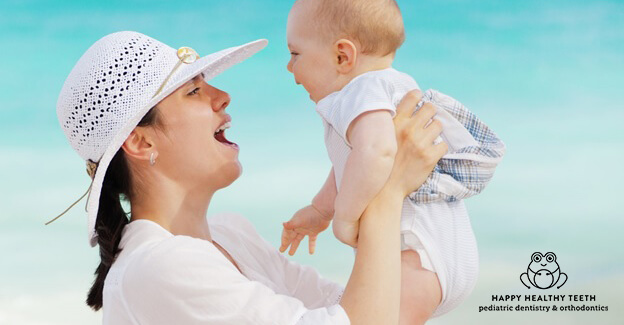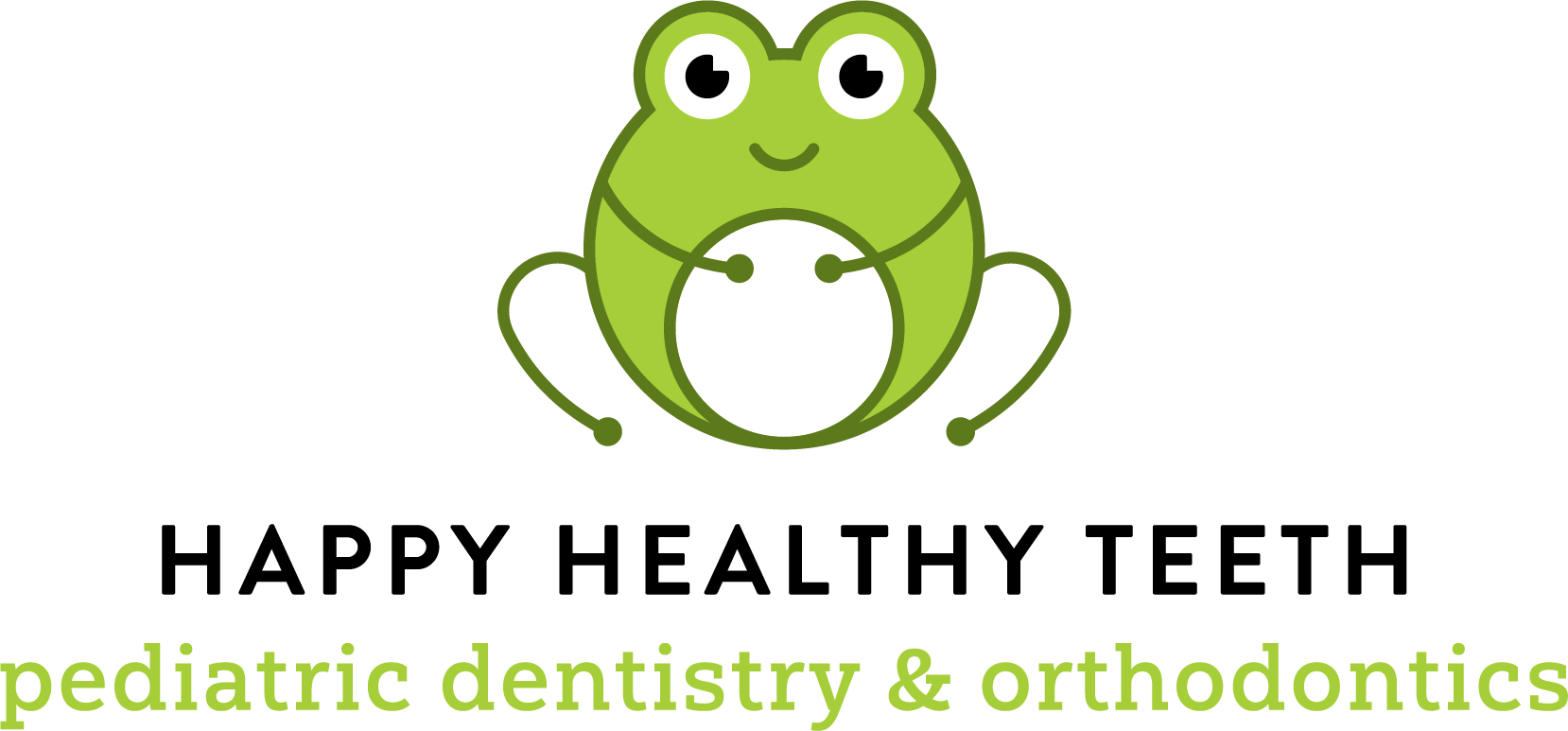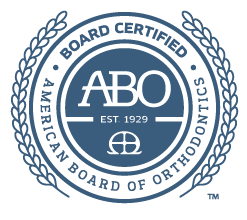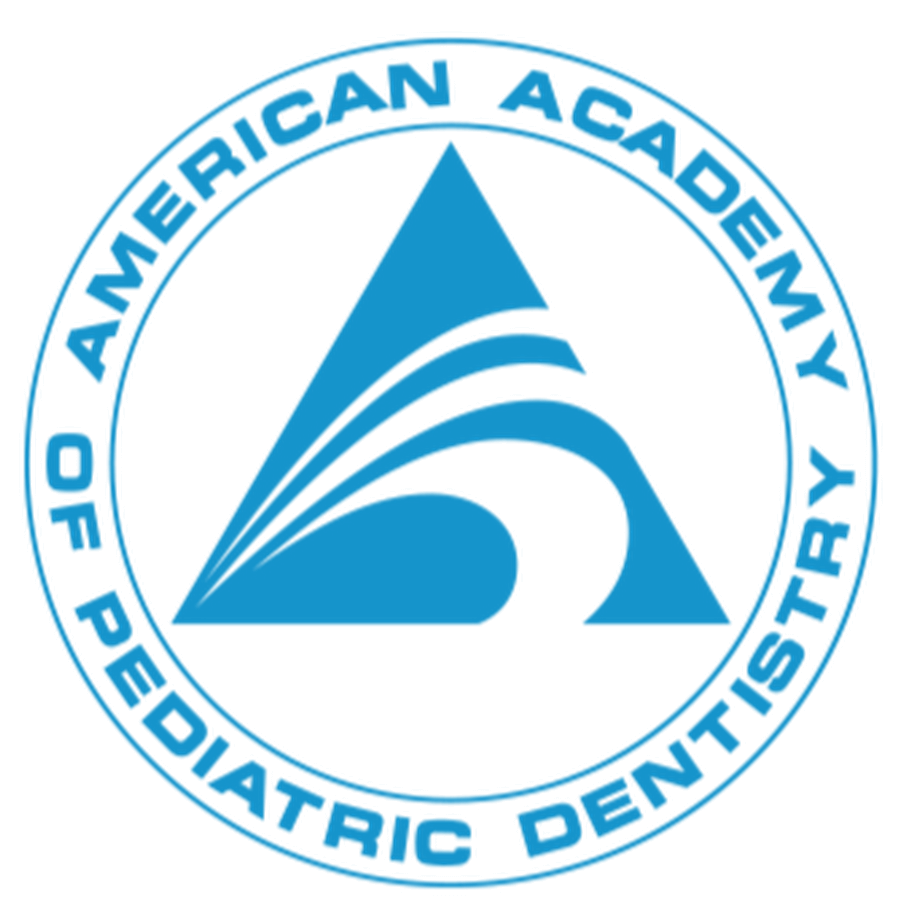What Puts Kids at Risk for Cavities? Is it Genes?

Interestingly, it is not genes. A new study of twins has found that genes do not predispose kids to cavities. The study shows that environmental factors, like a lack of fluoride in water, tend to be a prime cause of cavities than genetics. They also found that mom’s health influences cavities risk, like mom’s weight during pregnancy.
This study published in the May 2019 issue of Pediatrics links environmental factors and mom’s health to the oral health of their children.
The findings estimate that 1 in 3 children have tooth decay by the time they start school. The study, which followed 173 sets of identical and fraternal twins from pregnancy through age 6, found that 1 in 3 twins had dental decay and almost 1 in 4 had advanced decay.
The findings support previous studies that found links between cavities and factors of both the hypomineralized (soft) second baby molars and lack of water fluoridation.
The authors also noted that the impact of maternal obesity on cavity risk could be either biological or lifestyle influences with a mom who has an unhealthy diet who could also be giving her child unhealthy food.
“The relationship between maternal obesity and child tooth decay is complex.”
“Perhaps the mother’s weight has a biological influence on the developing fetus or perhaps the risk of decay rises because of increased sugar consumption in that household,” said Mihiri Silva, DDS, lead researcher and pediatric dentist at the Murdoch Children’s Research Institute.
“These findings can help pediatricians and other health professionals involved in the care of children instigate preventive modalities early in life, before the onset of clinical disease and damage to dental tissues,” authors wrote.
Dr. Silva stressed the seriousness of tooth decay due to the clear link between child cavities and developing diabetes and cardiovascular disease later in life. She also noted that it is vital for the public to understand that tooth decay is a complex process and not solely considered genetic. Tooth decay is a lifestyle and infectious disease.
For Happy Healthy Teeth, the findings reinforce the importance of educating children and their parents to begin preventive measures early in life and make necessary lifestyle changes before the onset of dental disease.
-Dr. Jon and Team Happy Healthy Teeth
References:
“Genetic and Early-Life Environmental Influences on Dental Caries Risk: A Twin Study,” Silva MJ, et al. Pediatrics. April 26, 2019. https://doi.org/10.1542/peds.2018-3499
“Study: Environmental factors influence dental caries more than genetics” Melissa Jenco, News Content Editor, AAP News April 26, 2019. https://www.aappublications.org/news/2019/04/26/dentalcaries042619
“Study Links Mother’s Health to Oral Health of Children” Journal of the California Dental Association July 2019. https://www.cda.org/Portals/0/journal/journal_072019.pdf
Visit The Pad
Brian D. Lee, DDS, MSD, Inc.
Christian P. Yee, DDS
•••
1291 East Hillsdale Blvd., Suite 100
Foster City, CA 94404
•••
customercare@happyhealthyteeth.com
•••
Phone: 650-574-4447
Fax: 650-574-4041
•••
Click here to text us!
Follow Us
Visit The Pad
Jonathon Everett Lee, DDS, Inc.
Brian D. Lee, DDS, MSD, Inc.
Christian P. Yee, DDS
•••
1291 East Hillsdale Blvd., Suite 100
Foster City, CA 94404
•••
customercare@happyhealthyteeth.com
•••
Phone: 650-574-4447
Fax: 650-574-4041
•••
Click here to text us!
Follow Us
© 2021 Happy Healthy Teeth All Rights Reserved. • Privacy Policy • Accessibility Statement • Site Design by Test Monki




